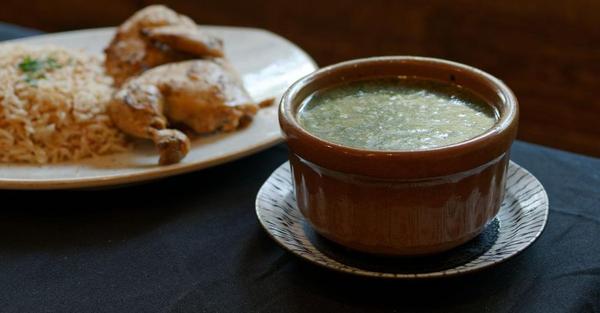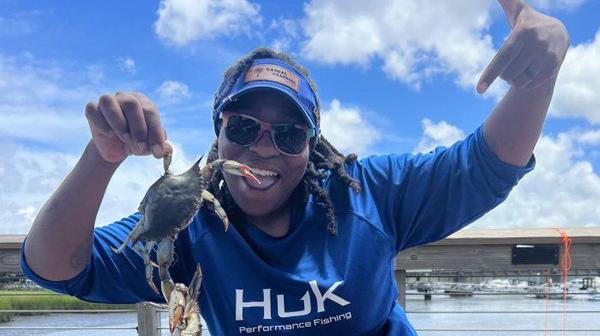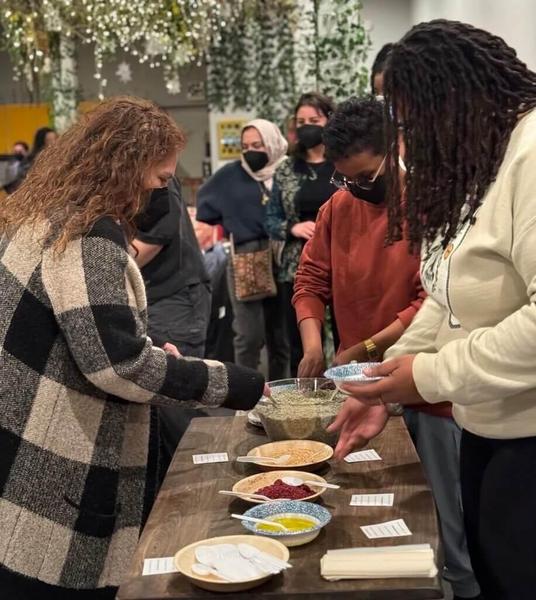Mondoweiss
•
17th February 2024
The role of food in the movement for Palestine
For Reem Assil, a Palestinian-Syrian social justice activist, chef, and owner of Reem’s California, food is integral to resistance. She organized for ten years prior to becoming a chef. Community organizing is a key pillar of her culinary philosophy now, with many projects, including her worker-owned co-op restaurants, a groundbreaking commitment in the culinary world where private ownership abounds. “People always say that I was a former organizer turned chef, and I say, ‘No, food just happens to be the tool in my toolkit through which I’m organizing people now,’” Assil tells Mondoweiss.











